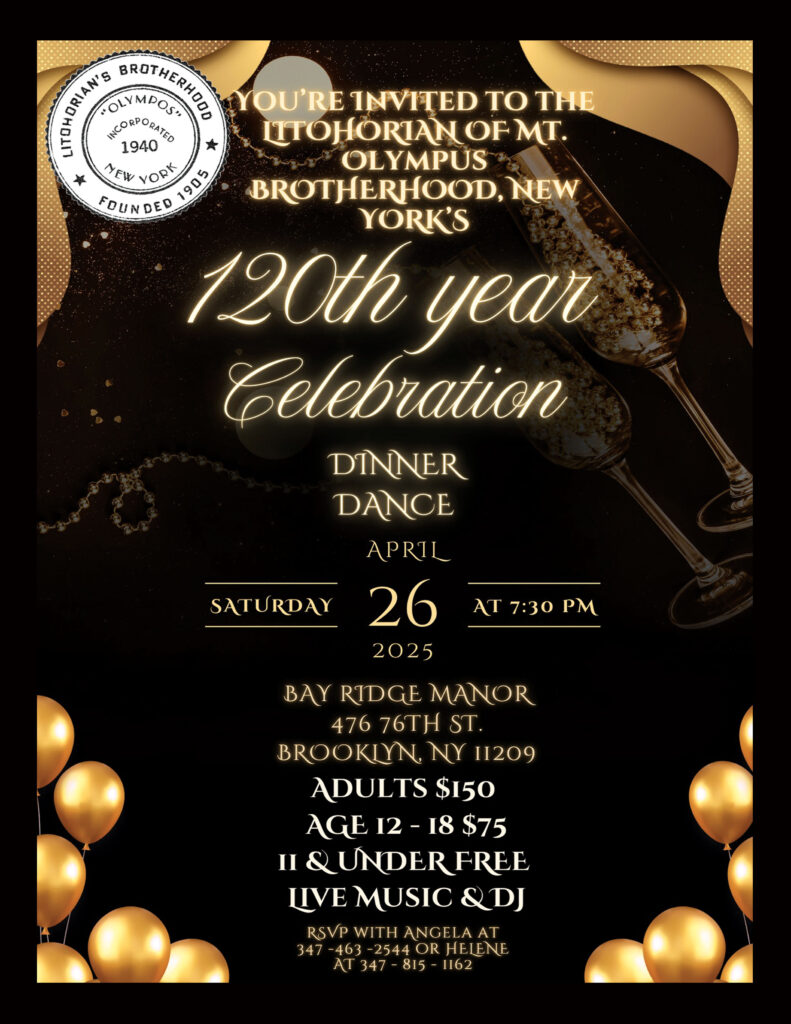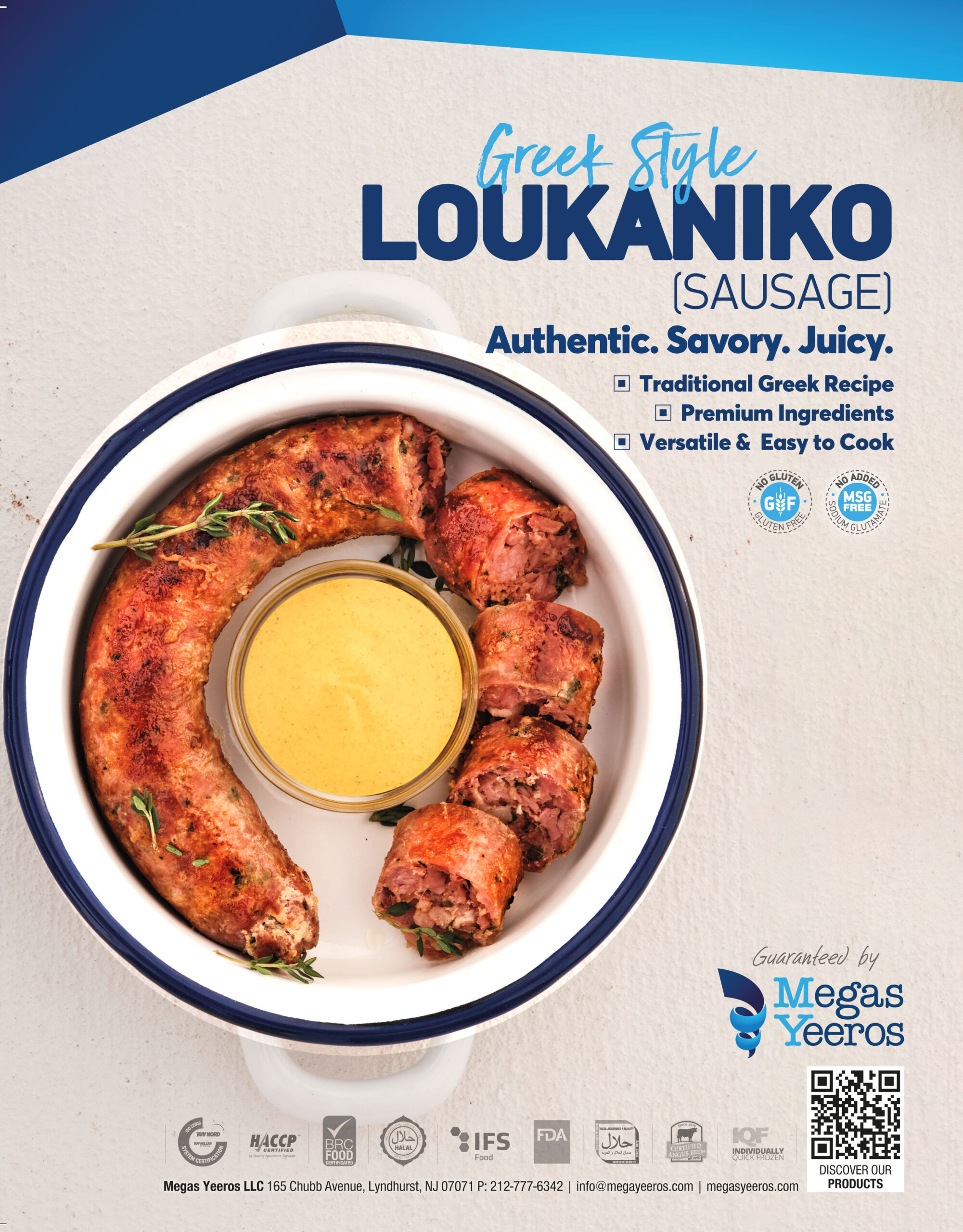A Greek-American Success Story
Posted by estiator at 12 January, at 11 : 49 AM Print
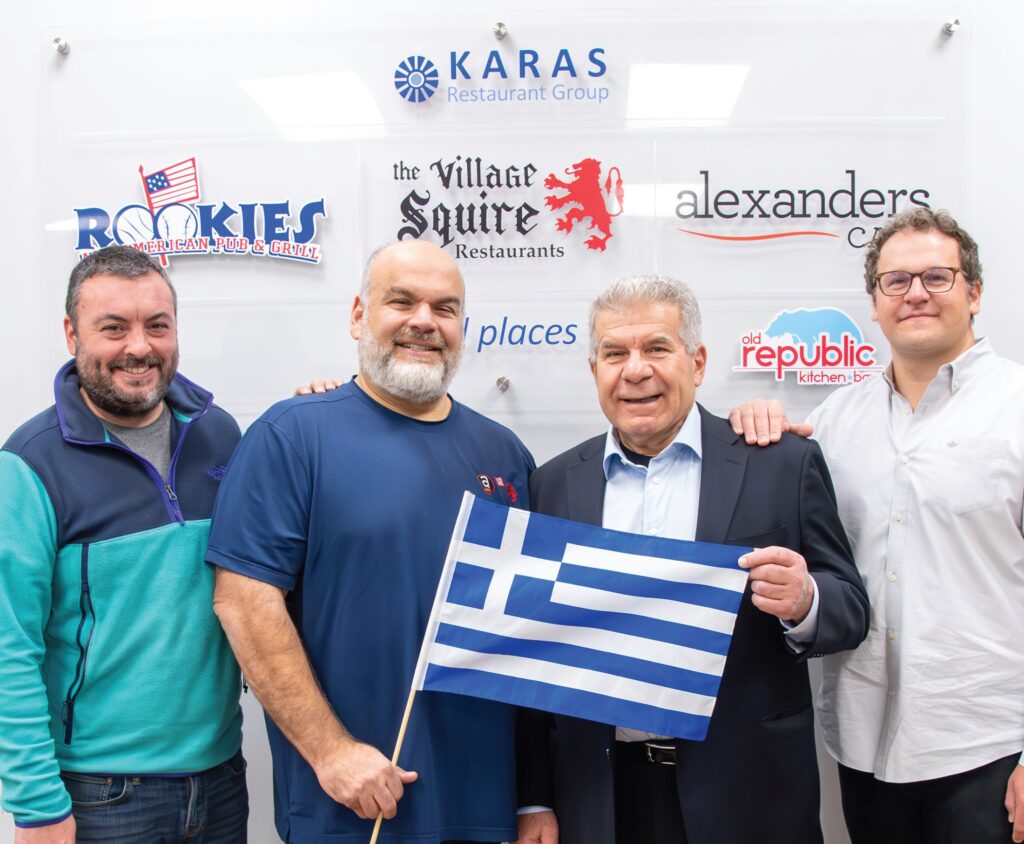
COVER STORY
The Karas Restaurant Group of Illinois builds a legacy.
By Michael Kaminer
If there’s a storybook Greek-American success story, it might look like the Karas Restaurant Group’s odyssey. What started with two brothers and one tavern in suburban Chicago 50 years ago has grown into a beloved local enterprise with hundreds of employees and thousands of loyal customers. “The secret to our success? Relentless determination,” says George Karas, who emigrated from Krinides in 1971 to join his brother, the late restaurant pioneer Paul Karas, in Chicago’s western Fox Valley suburbs. “We have not had one losing year in 50 years. Down years, yes, and more competition. But there is a relentless drive not to let go, and not to let any difficulty get in your way. Five decades later, I feel the same.”
Karas Restaurant Group’s locations include five hugely popular Village Squire restaurants; Alexander’s Café in St. Charles and Alexander’s Elgin in Elgin; Old Republic; and eight locations of Rookies, the smash-hit sports-restaurant concept founded by Bob Karas, George’s nephew, a driving force in the group’s expansion.
“Our success is because we have great people,” Bob Karas says. “We treat them well and pay them well. I learned from my father and my Uncle George how to treat employees. It’s one of the reasons we’re so well-regarded in the industry here.” With a slate of trusted partners at each location, Bob Karas today runs Karas Restaurant Group. George Karas maintains an advisory role, and despite his stature in the industry, still claims he “never had a clue or intended to go into the restaurant business.” After studying economics in Greece and “not liking it,” George came to the U.S. in 1971 “because my brother was here, and invited me. I was 23, and by the time I learned English, I was probably 25.”



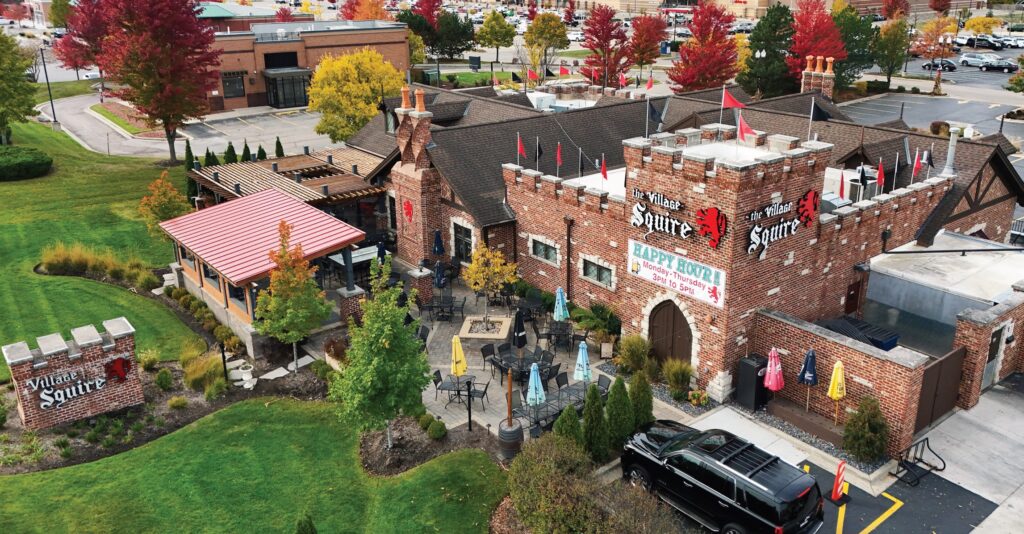
The business climate in his adopted country “amazed me,” George says. “I saw that you have a good idea, go to the bank, and get money from the bank regardless of your political affiliation or who your father is.” He worked for a year as a dishwasher “because everyone was looking for a dishwasher back then,” he says, laughing. “My brother didn’t want me to do those jobs, but I wanted to. It was a good lesson, to see what hard work looks like. The dishwasher’s window into the restaurant business was like being in school.”
In a few months, George worked his way up to manager of a Greek restaurant. “That’s what convinced me to open my own place,” he says. “I didn’t want to work for someone else. I didn’t have the patience.” A run-down, English-style pub called the Village Squire was for sale in their neighborhood, and a lightbulb went off for the brothers: This could be their future. “My brother and I bought it,” George says. “I managed it. Neither of us knew how to cook. But when you make the decision to fulfill a dream, like running a business, you don’t have to wait for every detail to get it fulfilled. I dedicated myself to learning as I went along. I didn’t even know how to make a whiskey sour. All I could serve was beer and a shot.” The first year had “no business. We could barely survive,” he says. “But it was amazing. We had the most fun trying to see what we could do to make the place go.” The brothers hunkered down, closing Village Squire for a month to clean it and reboot the menu, whose nine items included burgers and a Friday fish fry.
“We added four sandwiches. We included chicken dinners and fish and chips. After a year, it was 20 menu items. When we added New York strip steak, people thought we were crazy. But we insisted, and customers started coming back for it. The same thing with fresh fish—people freaked out, then began asking for it. Why? Because it was quality. From the time we started in 1974 to today, quality has never stopped being a top concern for us, no matter the cost. We never sacrificed, even if it meant making less money and less of a profit.”

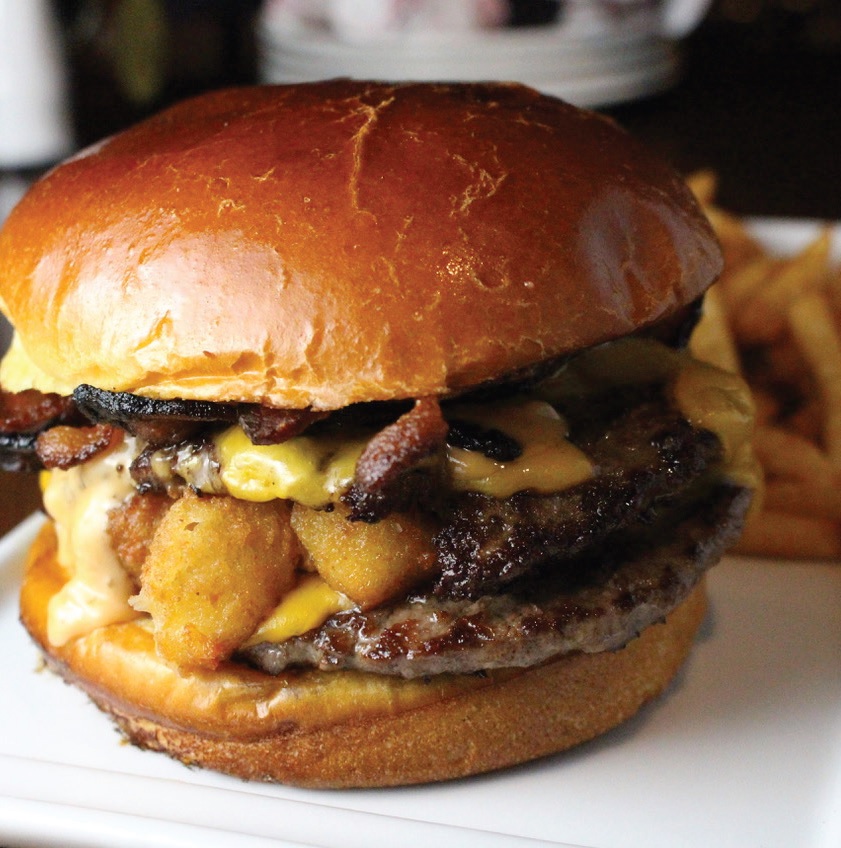
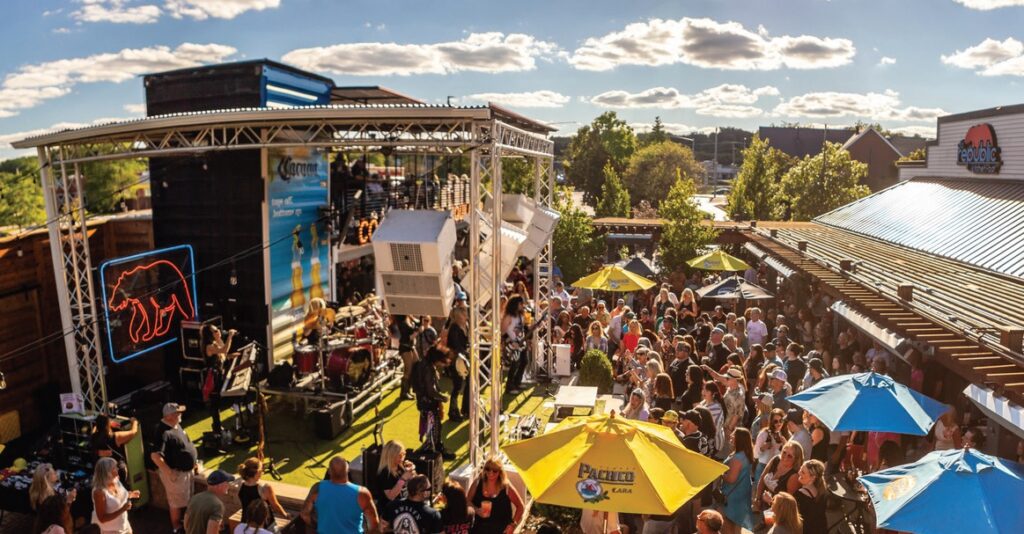
Unlike the area’s chain restaurants, the Karas brothers’ venues offer “small rooms, and an intimate feel. People felt comfortable. They’d say, ‘I met my wife in your restaurant.’ Customers were always celebrating happy events with us,” George says.
The brothers also followed their gut for other aspects of the business that ended up being both industry-leading and highly successful. “My brother Paul and I had a conversation about what kind of people we needed to be to have a business that would attract both loyal customers and great employees,” George says. “Paul didn’t have a business-school diploma. He’d just say, ‘We need to be honest with them employees and customers.’ That means prices had to be such that people would come in, pay their bill, and want to come back.”
And in an even more forward-thinking move, Paul and George Karas defined their business with a mission statement. “We consulted a guy who helped in a business role. I asked him what else we could do to be successful. He asked if we had a mission statement. I said, ‘Yes, to make money.’ He said, no, it’s about fulfilling a need. So we just put our philosophy into words that captured quality, customer service, cleanliness, and employees. We came up with ‘To make our guests happy. And if we don’t, to know about it and fix it.’ I feel exactly the same way today about those words.”
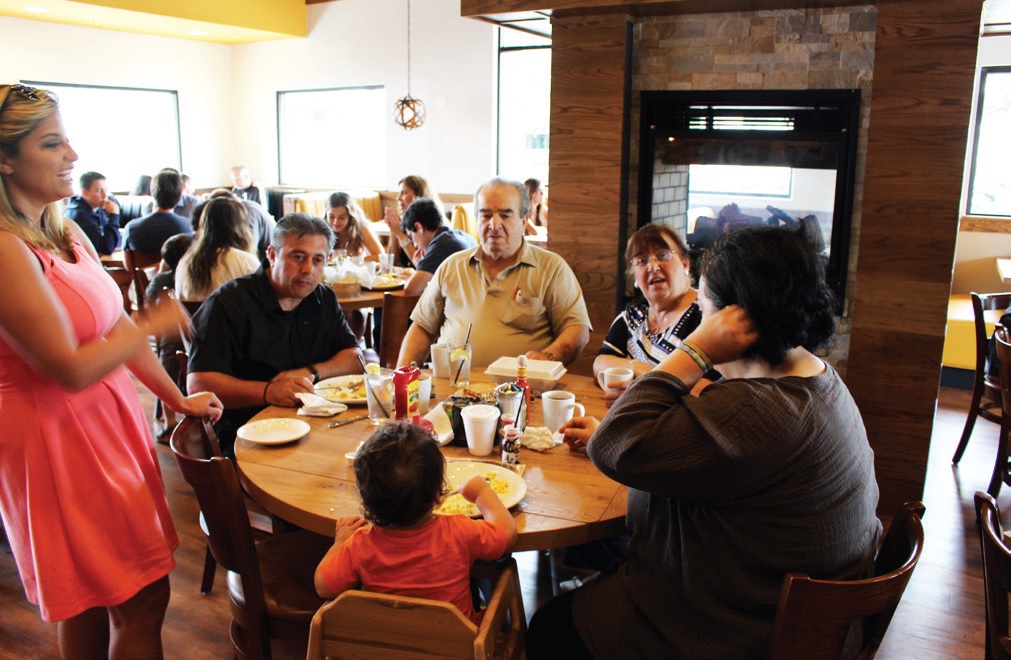
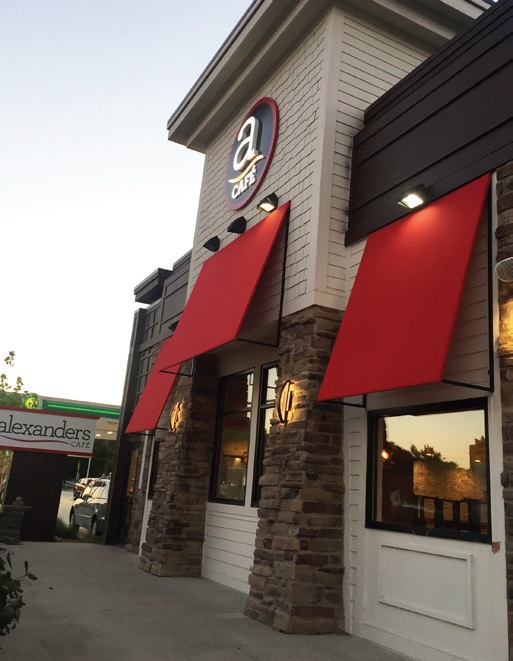
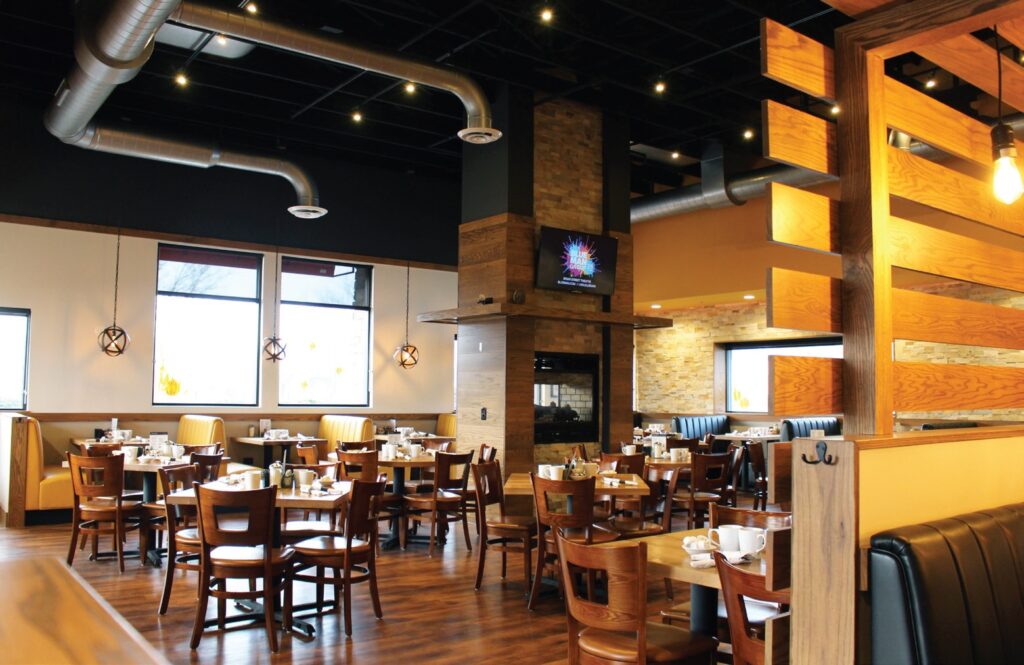
George and his late brother passed those values on to the next generation—including Bob, Paul’s son, who now oversees Karas Restaurant Group’s 17 locations.
“My father worked day and night, so he was not present a lot,” Bob Karas says. “My siblings and I didn’t go to the restaurant often, but we really liked it when we did, and felt that sense of ownership and pride.” Bob started busing tables at age 10. “I wasn’t needed, but really wanted to get my feet in there,” Bob says. “My father didn’t encourage or discourage me from entering the business, but I knew it was my career. Through my teens, I worked my way around—host, manager, dishwasher, serving. I always liked the kitchen, and tried to learn from chefs.” Though he didn’t want to go to college, his uncle George encouraged him. After graduating from Northern Illinois University, Bob Karas became general manager at Alexander’s in Elgin, one of the family’s restaurants. “But it wasn’t my cup of tea, that breakfast-lunch-dinner setup. The Village Squire was more romantic, and had a theme.”
“But, that’s where I learned the most about customer service and operations, my forte.” In the early 2000s, Bob launched a concept that was entirely his own creation. With his childhood friend Mike Maridis as a partner, Bob launched Rookies, a sports bar that was “more liquor-focused, with non-stop sports on giant screens, young ladies as servers, and food giveaways like dollar burgers. People would ask how we could sell a half-pound burger for a dollar. I would answer that those customers spent $25 on drinks. That’s how.” More friends and family joined Bob in running Rookies, and building its success.
As word of mouth spread, the clever food promotions helped Rookies quickly expand; Karas Restaurant Group now runs eight locations in the western suburbs. “All our locations are prime locations on main roads,” Bob says. “All our locations are new, and our facilities are spotless. After Covid, we spent nearly half a million dollars on each store, with remodels, facelifts, and modernized patios with gazebos, fire features, and water features.”
Along with the entire Karas Restaurant Group, Rookies has been generous about community involvement. “It makes us feel good, and we’re fortunate to be in a position to help, whether it’s donations of food, gift cards, sponsorship, or advertising,” he says. “We support the Salvation Army, whose services my parents even used when they came from Greece. We love supporting Cal’s Angels, a local pediatric cancer group. We’re big into Project Mobility, which builds bikes for special-needs kids who can’t ride conventional bikes. The custom bikes can cost up to $15,000.”
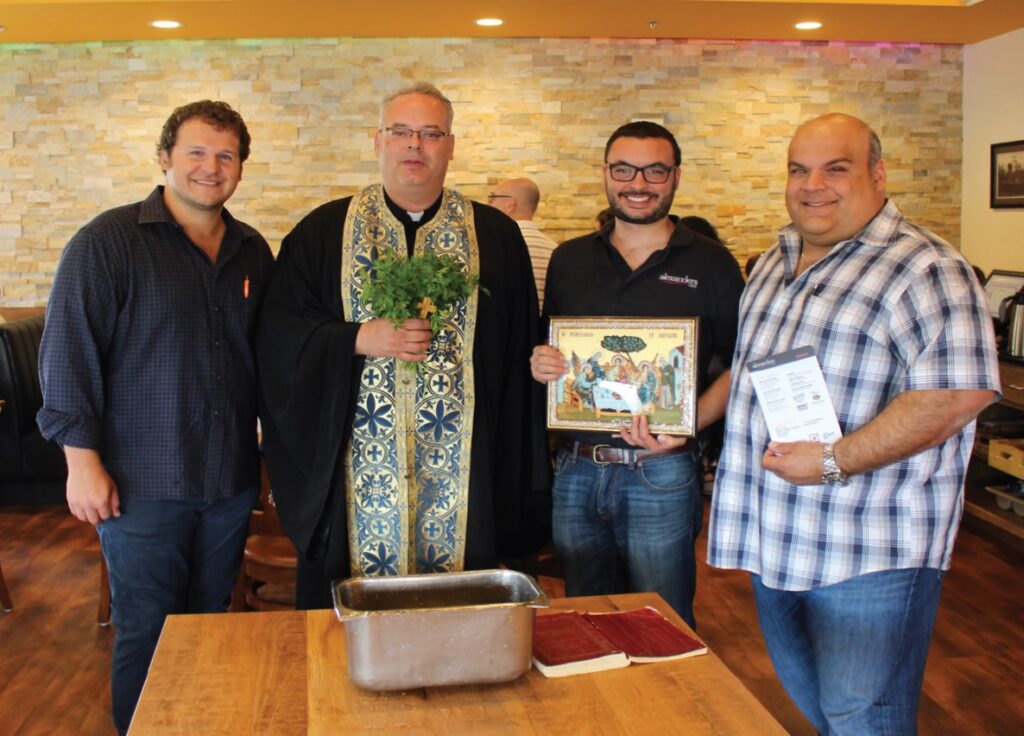
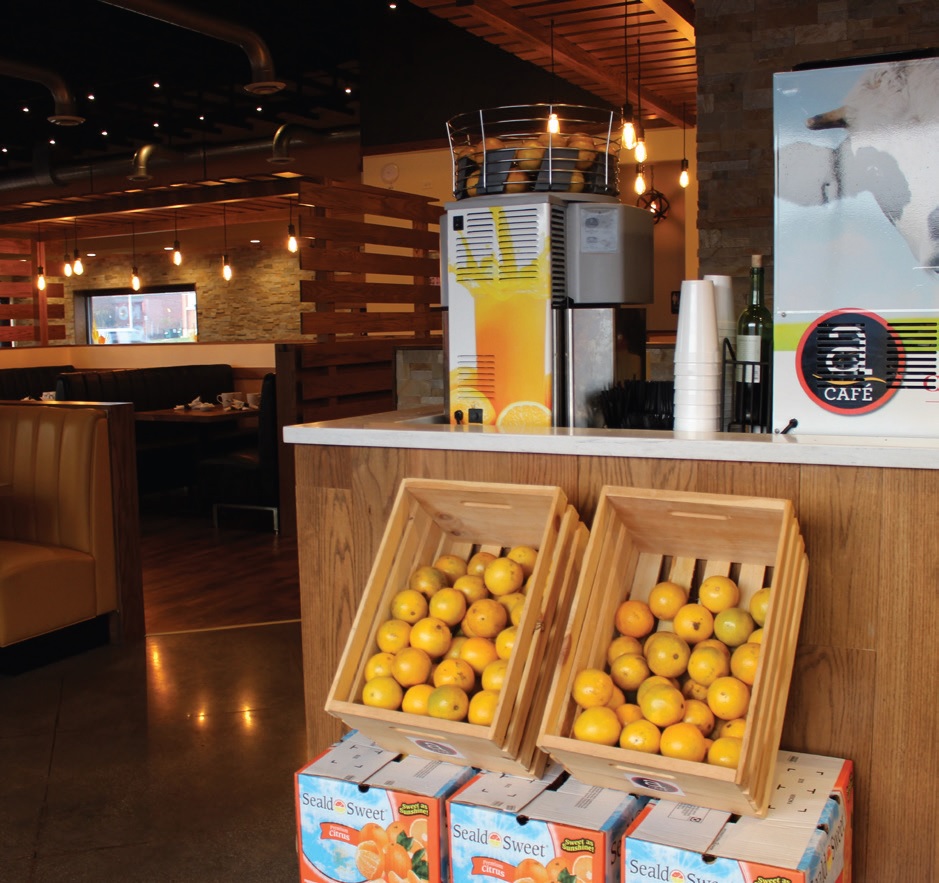
Bob Karas still sees this business “as a student. I’d always go to chain restaurants and studied their promotions. When they started free soft-drink refills, we started doing it. I’ve always felt change is good. So many restaurants die because they stay the same and don’t keep up with the times. A recent example is our burgers. We flame-broiled them for years because we thought it was better. But we just switched to a flat grill, at a cost of $5,000 per store. Chains like 5 Guys are doing it. It’s what people want. We are that customer-centric.”
And though their restaurants don’t fly the flag of Greece, George and Bob Karas are very proudly Greek. “Being Greek has been a great asset for our businesses,” George says. “We have a reputation as being hospitable. Philoxenia is big in Greece. Our parents were extremely poor, but when they had someone in town, they would offer a bed, and a room to people coming from another town. It taught us how extremely important it is to offer what you have to someone you don’t know. With a restaurant, you have a bunch of people coming in, most of whom you don’t know.”
While the restaurants are not ostensibly Greek, they also have “a Greek flair,” Bob says. “Just like an Italian or Mexican place might have a leg up on a chain restaurant, it gives us a leg up. And we do have some Greek items on the menu, like saganaki, which is our number-one appetizer. We do Greek seasonal promotions and serve avgolemono every Sunday. We say ‘opa!’ when customers are celebrating, and they love it.”
Being Greek also means “you came to America to succeed. Work is relentless. You don’t take no for an answer. You work as much as you have to. Nothing can stop you. The goal is to succeed. Not just for money, though that’s part of it. I wanted to educate my family and send my kids to the best American universities. That was the fuel.”
That said, “restaurants today have to operate with more focused, smaller menus. Some of ours went from 150 items to 100, and we think it’s small. If we had 40 items, my work would be so much easier. But it’s about the customers.”
And for George Karas, who has five children and 10 grandchildren, inspiration flows from the younger generation. “Sometimes you measure success with money. Sometimes it’s about the number of restaurants,” George says. “But if you’re lucky, as we have been, success also means how you’ve influenced your kids, and what people learn from you. For Bob, even opening successful restaurants did not keep him away from the fun of having a large family: He has six children and one on the way. He has prioritized Greek school, Sunday school, and introducing them to Greek culture and traditions. He has helped them appreciate Greek music, how to dance kalamatiano, zeibekiko, Pontiaka, and supported them through first jobs, boyfriends, girlfriends, college, the whole catastrophe!” he says, laughing.
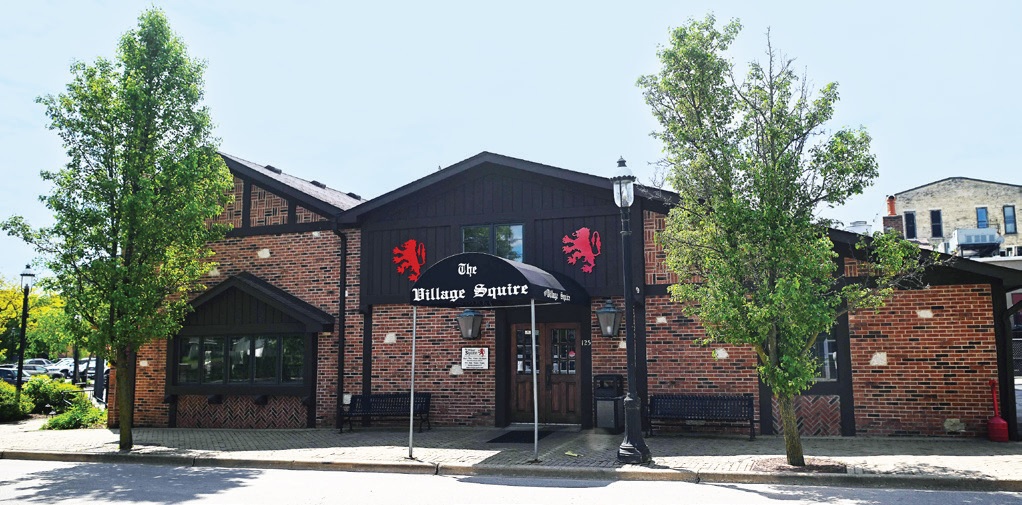
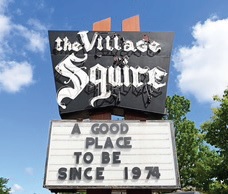
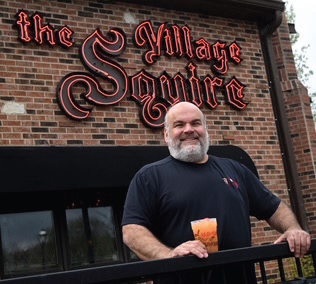
While he’s considering expansions, Bob Karas remains dedicated to serving local customers. His late father and uncle continue to inspire him. “For my generation, our parents had restaurants and were chained to them with the mother in front, the father in the kitchen, the sister waitressing, and the kids in the back,” he says. “My father and uncle opened multiple locations. They were forced to operate with managers and to delegate, which is hard for anyone to do. But part of the allure of the business for me was that they proved operating a restaurant was more than washing the dishes or operating the ‘Greek Typewriter’—the cash register,” he says.
“Lately we even spend time together with our entire families enjoying the beautiful beaches of northern Greece. We feel blessed that we live in a country with superb management resources and more-than-we-can-handle technology. But most of all, we’re grateful every day for the exceptional workforce that makes the hard business we are in very doable and even enjoyable.
“My goal was not to be a restaurant owner when I came to America, but when I was thrown into it, I said I’m going to do my best at it,” George says. “And I did. Paul and I laid the foundation for Bob and his family. The values he got from us, including how to treat your employees, are our biggest legacy, not the brick and mortar.”


